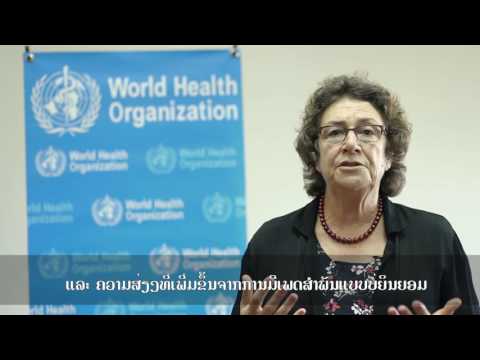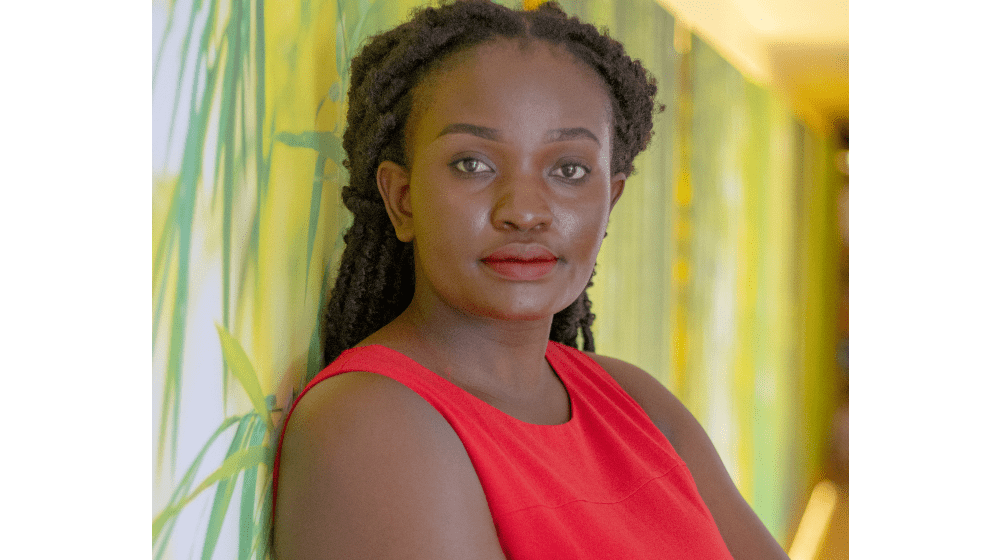I was 17 years old and in high school when I met my ex-boyfriend. My family was against our relationship because at 25, he was much older, and had already completed his campus education. The relationship lasted throughout my high school years and continued when I joined the university in 2015. This was my first relationship and despite my parents' misgivings, I was in love and trusted my boyfriend completely.
Because we were both from the same village in Bungoma County, we would see each other often. Our relationship turned long-distance when I was called to a university in Mombasa County, while he was working in Nairobi County. At university, he set me up with a furnished apartment and paid my expenses. I was living a life to be envied by many girls. We would often travel back and forth to see each other, and exchange numerous texts, photos and videos over the phone when apart.
One day, I decided to make a trip to Nairobi to surprise my boyfriend at his house. Unfortunately, I found him in bed with someone else, and this effectively ended our relationship. I sunk into a deep depression and would drink excessively to numb the pain. I got into another relationship that didn’t work out, which caused me to spiral even further until I had to seek psychiatric help. With the help of counselors, I was able to heal and recover, and I decided to become an advocate for mental health and wellness at the university.
A violation of trust
I started to speak publicly about my experience with heartbreak and how it led to severe depression, alcohol, and drugs. Soon, I was speaking on national platforms, and on October 18, 2018, I was featured in an interview with the Daily Nation. Without naming him, I shared the story about what happened with my ex-boyfriend. The very next day after my story was published, I woke up to what seemed like a million notifications on my phone. Someone had published naked photos and videos of me in our local village Facebook group. These were photos that I had shared privately with my ex-boyfriend over the course of our long-distance relationship, dating back to 2016.
Because the Facebook group members were friends, relatives, and neighbors from my home village in Bungoma County, it didn’t take long for the photos and videos to be shared with my parents. I felt deeply ashamed and devastated that I had let myself and everyone around me down. The guilt, anxiety, and worry overwhelmed me as the images spread on Facebook, Whatsapp, Telegram, and on local blogs. I didn’t know where to turn for help and contemplated suicide just to end the pain. When my mother called me, she could tell I was not well, and she decided to travel to Mombasa to be by my side.
I experienced a lot of cyberbullying and harassment after this incident. Men on the streets would come up to me and tell me that they enjoyed looking at my naked body in the photos and videos. Each time this happened, it felt like a fresh and unbearable violation of my dignity. It also made me feel very unsafe in the real world and worried that some of the men I would catch openly staring and leering at me could harm me. I would receive phone calls from people claiming to be police officers who threatened to arrest me for willingly sharing indecent images of myself.
With the support of my parents, I gathered the courage and went to a police station to report the incident. The officers I spoke to first admonished me and told me that this was not a criminal case, but rather a case of indecent behavior on my part. On my second attempt to report, I was advised to lodge the complaint with the Department of criminal investigations and to hire a lawyer. I had no money to do this, so I decided not to pursue the case any further.
Lifelong trauma and the quest for justice

I had to delete my Facebook and Instagram accounts so as to stop the cyberbullying. I will never fully be free from the trauma of this incident. Even though we were able to have the images taken down on Facebook, Telegram, and several blogs, it bothers me to know that some people still have intimate photos and videos of me downloaded on their computers or phones. I am trying to get back on Facebook, but to this day, viewing the platform is triggering for me and I am often unable to share content or interact with others freely.
Ultimately, the legal penalty for sharing of intimate images, which is two years and a fine of 250,000 Kenya shillings would not be worth the lifelong trauma I have to deal with. My goal is no longer to bring my abuser to justice but to protect other women from having to go through my experience. I also want to help other survivors of online and physical gender-based violence to get justice and healing.
I went back to school to study psychology and have since become a certified therapist. I launched Girls For Girls Africa Mental Health Foundation, a registered non-profit that offers trauma-informed psychosocial support to survivors of gender-based violence, caregivers & adolescents.
My work as a survivor and advocate is now geared towards fighting to reform existing legislation so that women and girls are safer online. This includes calling for greater penalties for crimes such as non-consensual sharing of intimate images and videos, cyber harassment, sextortion, and other virtual crimes that affect the dignity and privacy of individuals online. What happens in the virtual world has real-life consequences, and can lead to offline violence, loss of income, depression, and other mental health issues. We also need to hold tech companies liable for allowing harmful content on their platforms and call for greater regulation when it comes to online safety.


